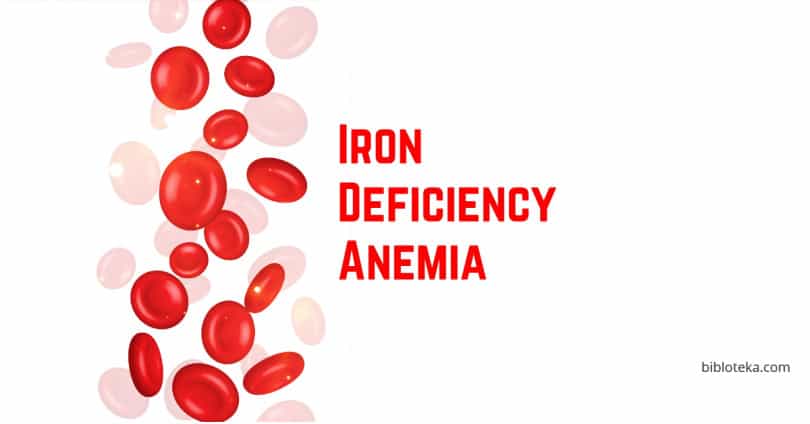Iron deficiency anemia occurs when your body does not produce enough red blood cells.
What is Iron Deficiency Anemia?
Iron deficiency anemia means the body has insufficient iron to produce red blood cells. Iron is necessary because it will enable you to get sufficient oxygen in your entire body.
The body makes hemoglobin using iron. Hemoglobin is part of the red blood cells in the body. Oxygen transmitted through the body by hemoglobin. When you don’t have enough iron, the body makes fewer red blood cells and smaller. The body then has less hemoglobin, so no oxygen sufficiently can be received.
Causes of iron deficiency anemia
Low levels of iron in the body cause iron deficiency anemia. You can have low levels of iron because:
- Have excessive menstrual bleeding.
- Not getting much iron in food. It can occur in people who need a large amount of iron, like little children, teenagers, and pregnant women.
- Have bleeding inside the body. This bleeding may be due to problems such as ulcers, hemorrhoids, or cancer. Such bleeding often can occur with daily use of aspirin. Bleeding inside the body is the most common cause of anemia for iron deficiency in women and men after menopause.
- Can’t easily absorb iron into the body. An issue will occur if you have celiac disease or have removed part of your stomach or small intestine.
Symptoms of deficiency anemia for Adults
You will not notice the anemia symptoms because it progresses slowly, and the symptoms can be mild. You may not actually notice them until the anemia is getting worse. When anemia is getting worse, you may:
- Feel dizzy.
- Having headaches.
- Look pale.
- Feel weak and become easier to tired.
- Be grumpy or cranky.
- Have trouble concentrating.
- Start feeling short of breath.
Symptoms of deficiency anemia for Children
Babies and children who have anemia may:
- Grow slower than normal.
- Have a short span of attention.
- Be fussy.
- Develop skills later than normal, such as walking and speaking.
Anemia in children must be treated so that mental and behavioral problems do not last long.
Iron-deficiency anemia diagnoses
If you think you’re having anemia, see your doctor. Your doctor will do a physical examination and ask questions about your medical history and the symptoms you have. Your doctor or nurse will take some of your blood for testing. These tests can include a Complete Blood Count(CPC) to look at your red blood cells, and an iron check showing how much iron there is in your blood.
Iron Supplements for Anemia Treatment
The American Society of Hematology claims that iron deficiency is the most common cause of anemia. While most people in the United States get enough iron in their diets, some have trouble absorbing the mineral, and others lose blood quicker than red blood cells in the bodies. Iron supplements may be the best treatment.
Iron is the raw material the body uses to make new red blood cells. When your doctor has found you are anemic, he’ll typically do a blood test to make sure it’s an iron deficiency and not another problem Iron is a raw material the body needs to make fresh red blood cells. When your doctor has found that you are anemic, he is likely to do a blood test to make sure it is an iron deficiency and not another problem
The doctor will recommend iron supplements and provide you with specific instructions about how to take them. When the iron from the supplements gets into your body, it will force the bone marrow into action, bringing out new red blood cells.
How long does it take to get Iron levels up?
After a week or two of taking iron supplements, the iron-deficiency anemia symptoms will begin to go away. Your doctor will check your blood to check if iron level.
There aren’t specific signs that iron pills work, but you should have more energy all day long. In certain cases, a consistent supplement to the cure of anemia may take up to six months. When the levels of your iron are very low, your doctor can prefer to use a supplement intravenously.









